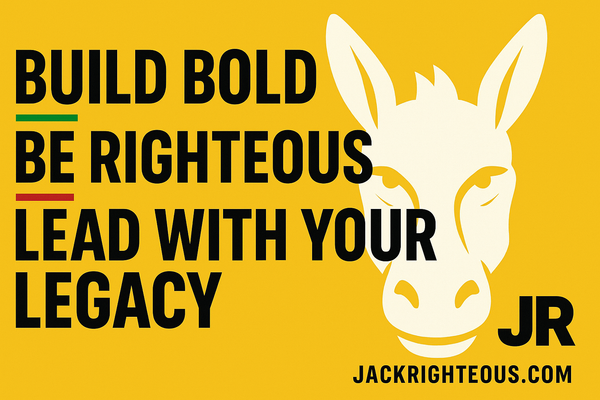AI and Music: A Response to Jack Righteous by Tripped Gibbon
Gary WhittakerA Response to Jack Righteous: AI in Music – A Balanced Perspective from Tripped Gibbon
In a recent article, Tripped Gibbon, a writer behind the blog Liquid Gibbon, responded to Jack Righteous’ passionate defense of AI-generated music and the petition aiming to protect its role in the future of music creation. In this response, Tripped Gibbon raises several thoughtful points about the role of AI in the music industry, acknowledging its potential while also addressing concerns about the impact it may have on the music landscape.
Balancing Technology and Creativity
One of the central points in Tripped Gibbon's response is the idea that AI-powered platforms like Suno AI can undeniably assist in the creation of music, opening doors for those who might not otherwise have access to professional equipment or studios. However, Tripped Gibbon highlights a key tension: while AI offers greater accessibility, it is crucial not to overlook the value of human creativity and the deep personal experiences that shape meaningful art.
As Tripped Gibbon points out, musicians are “risk-taking, brave, and creative” individuals who pour their personal stories and emotions into their work. While AI can certainly assist in production, Tripped Gibbon suggests that we must be careful not to devalue the human artistry that has always been at the heart of music creation. This echoes an important sentiment in the ongoing debate: can AI truly replicate the soul and emotional depth that only human artists bring to their music?
AI’s Role in Supporting Musicians
Though Tripped Gibbon raises valid concerns, the article is not wholly critical of AI music platforms. In fact, Gibbon acknowledges that AI, when used properly, can be a tool that enhances creativity rather than replacing it. The key lies in how these tools are used. Gibbon proposes that AI platforms, such as Suno AI, should be seen as a collaborative partner rather than a substitute for human musicians.
This echoes Jack Righteous’ stance in his original petition, where he emphasizes that AI in music creation is a natural evolution of the technological advancements that have historically supported musicians—from synthesizers to digital workstations. Gibbon agrees, but stresses that there needs to be a balance between embracing AI and preserving the space for human-driven creativity.
The Debate on Compensation and Copyright
Tripped Gibbon also delves into the copyright and compensation debate, a point that Jack Righteous addresses with the idea of an Opt-In Licensing Model. Gibbon is cautiously optimistic about this proposal but remains skeptical of how it will be implemented and whether it will fairly compensate artists in the long run.
Gibbon’s response reflects broader concerns within the independent music community, where many fear that AI-generated music could lead to a devaluation of artistic work. If AI can produce songs rapidly and at low cost, there is a risk that artists—especially those not backed by major labels—may struggle to maintain financial stability in an increasingly competitive landscape.
A Call for Thoughtful Integration of AI
Ultimately, Tripped Gibbon’s response is a call for thoughtfulness and care in how we integrate AI into music creation. AI has immense potential to democratize music production, but Gibbon urges us to proceed with caution, ensuring that human artistry is not overshadowed by the rapid advances of machine-generated content.
This balanced perspective aligns with Jack Righteous' petition to protect AI’s role in music while also fostering collaboration and transparency between AI platforms and human musicians.
Conclusion: Finding Common Ground in the AI Music Debate
Tripped Gibbon’s response highlights the complexities surrounding the integration of AI into the music world. While Gibbon acknowledges the value of platforms like Suno AI, there is a clear call for balance—a desire to see AI as a tool that supports and complements human creativity rather than replacing it.
For students, independent artists, and those looking to explore AI-generated music, both perspectives offer valuable insights. Jack Righteous’ petition advocates for the democratization of music creation through AI, while Tripped Gibbon’s response reminds us to stay mindful of the importance of human-driven artistry in this evolving landscape.
If you want to explore these ideas further or support the petition, you can sign the petition here and dive deeper into the ongoing debate about the future of AI in music.
